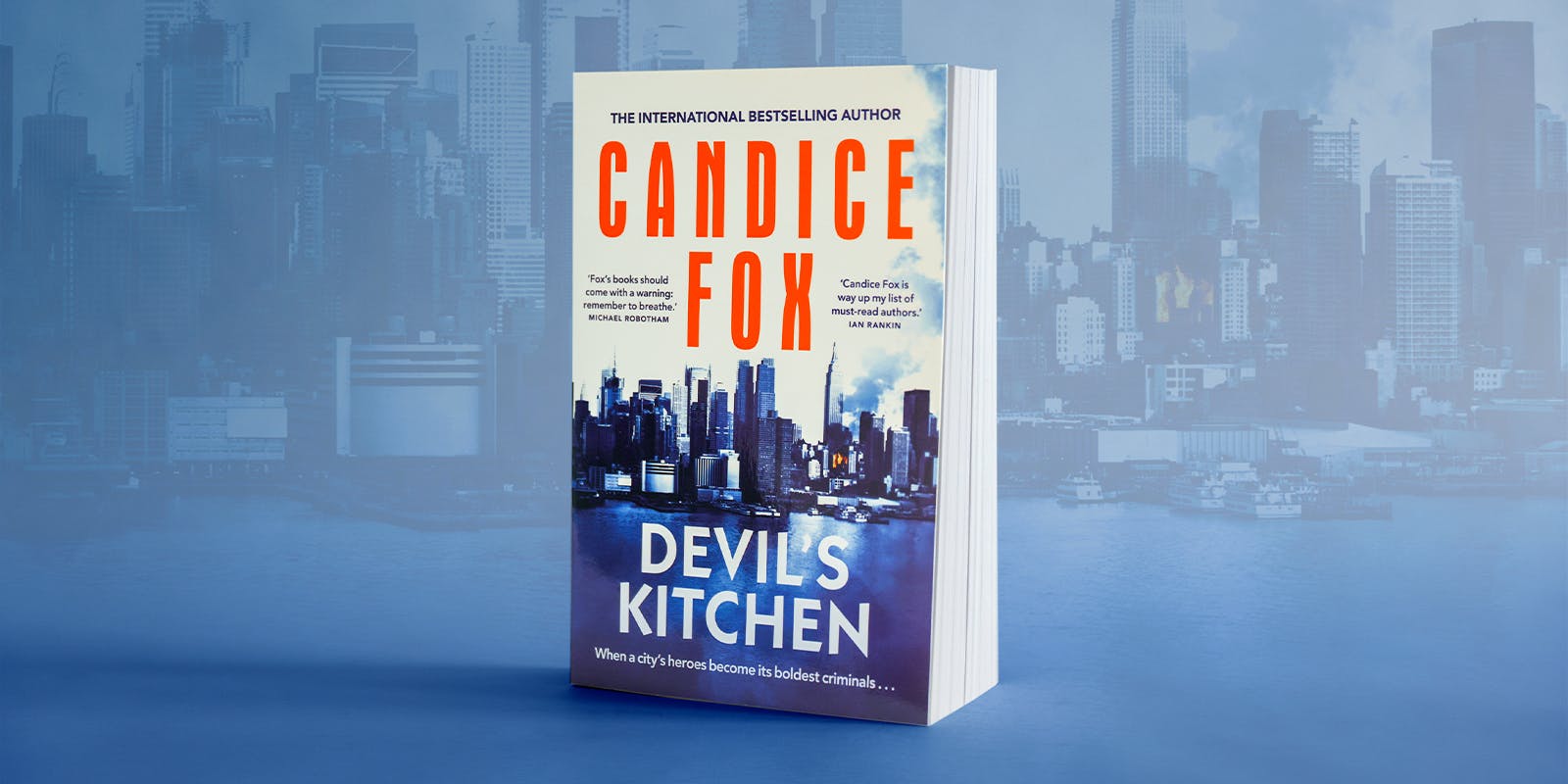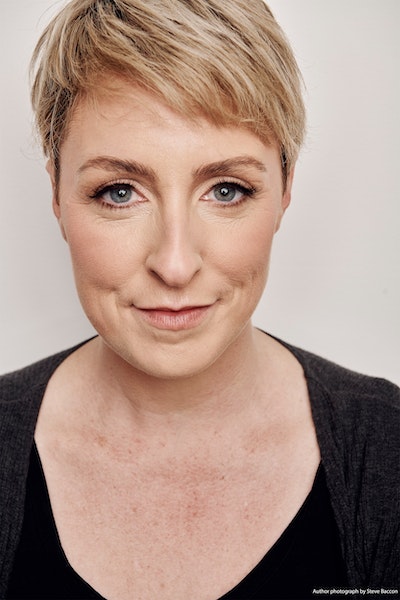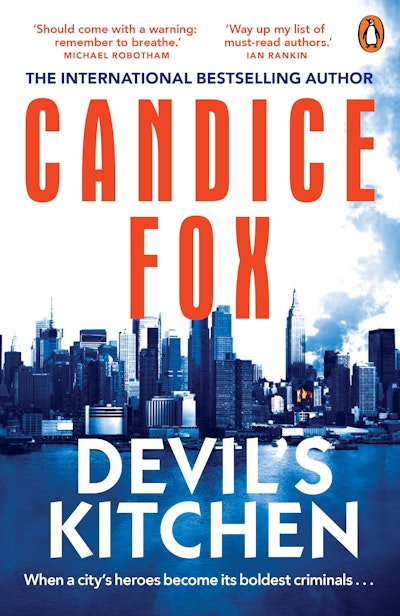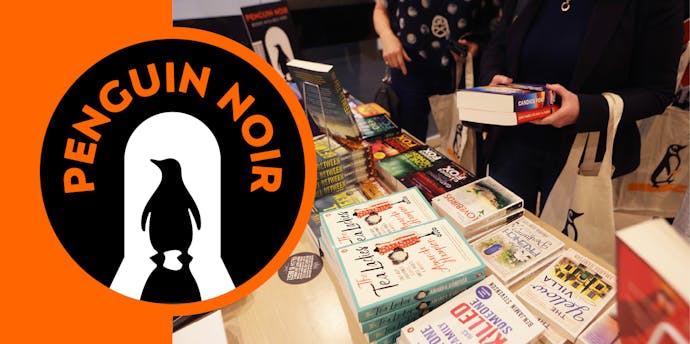The author shares how she approached New York firefighters and what she learned from them while researching for Devil’s Kitchen.
You can't get in contact with firefighters in firehouses in New York unless it's in person. They don't have email addresses, and you can't call the firehouse directly.
When I asked to talk to these guys, the answer from all of the brass was a flat 'No', so there was no other option: I had to just walk into fire stations in the city and present myself.
That was hard. By the time I had explained my situation, letting them know I wasn't a groupie, journalist, or a buff/firefighter wannabe . . . but that I was writing a book, they were confused. When I asked whether they'd speak to me anonymously, these guys were like 'HUH?!'
I hit about three firehouses without any luck before I managed to get a lead on one firefighter who might tell me about the game, and he introduced me to a crew who was happy to let me hang around.
He was a chief from a place north of NYC who sat down with me and gave me the best material from his experience in the job for over thirty years.
He had lost a crew member when the young firefighter got lost inside a burning movie set. He had also been there for the clean-up after September 11, digging for the remains of his colleagues. I couldn't believe some of the stuff this guy was pouring out. He was vulnerable, emotional and heart-breakingly honest, and he wanted nothing in return.
I'd come to the novel wanting to know the dark underbelly of firefighting in America because there's such an ingrained sense of the men and women who perform this job being unfailingly good people. But of course, firefighters are human. And humans as a race aren't unfailingly good.
I was looking for stories of bad people and bad behaviour that hides behind the badge, and I found what I was looking for.
There are firefighters who are thieves, liars, corrupt individuals – cowards and abusers of their power. There are some who are drawn to the job for all the wrong reasons: for the privilege, prestige and the adrenalin fix. I was nervous about depicting these people, and about asking firefighters both in Australia and the US about these types of people. But I was met with a willingness to share the dirty truth, which is kind of heroic in itself. Because for every dirty firefighter, there are a thousand good ones.
Along with all the talking, there was a lot of fun to be had. While I researched for this book, I bled and blasted hoses, rode around in fire trucks, and hefted and swung their tools. I wore the uniform, felt the frightening suction of the oxygen mask on my face, and heard the terror of all firefighters – the sound of a personal safety alarm going off, which meant that a firefighter had gone down.
I was all but thrown out of a fire engine on a lunch run so the crew could attend a real-life house fire. What can I say? It's a tough job, this writing thing, but somebody's gotta do it.














